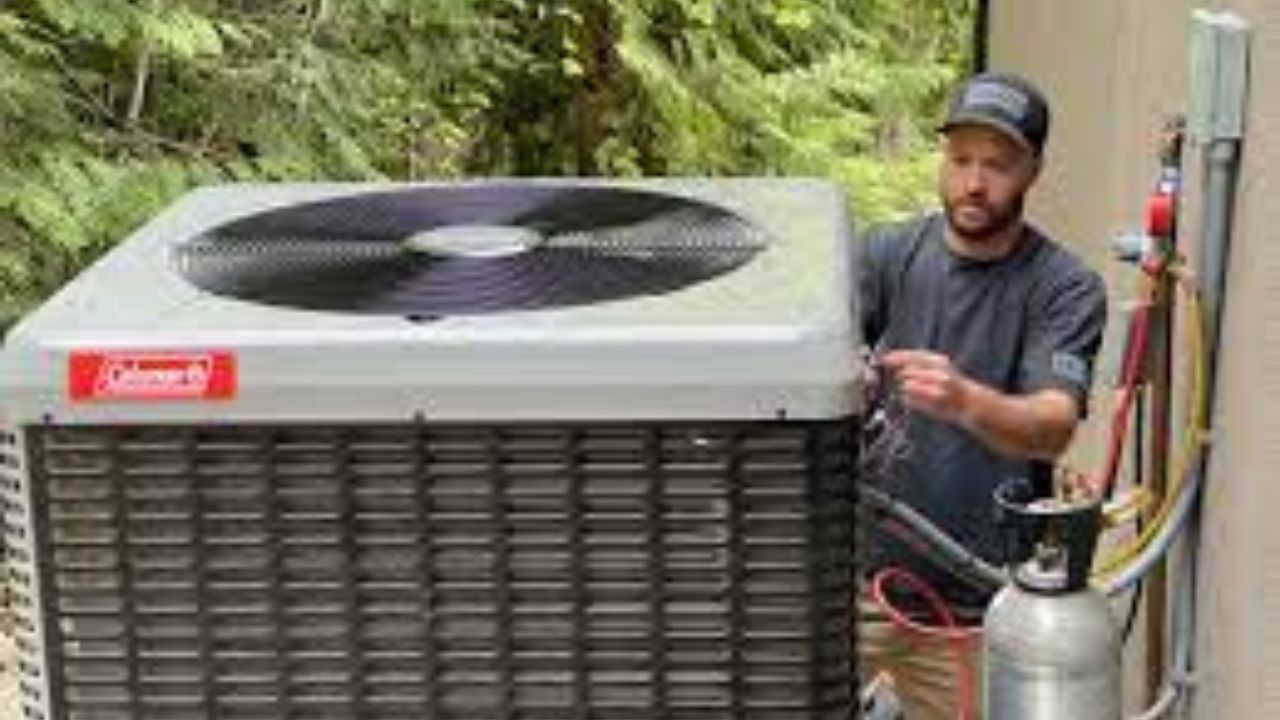The High-Efficiency Electric Homes and Refunds Act (HEEHRA) provides $4.5 billion to the states of the United States to establish point-of-sale refunds for home electrification projects targeted at low- and moderate-income individuals.

Rebate for Federal Thermal Pumps:
A federal law known as the Inflation Reduction Act offers financial incentives for energy-efficient home improvements, the usage of clean energy, and purchases of energy from renewable sources. Energy upgrades bring immediate cost savings for Americans, and their installation costs are covered mainly.
A rebate is added to the customer’s purchase price at the moment of sale, bringing down the price of the upgrade or product. When the HEEHRA rebate program opens in late 2024, qualifying Americans can save up to $8,000 on a space heating and cooling heat pump.
Some consumers stand to save hundreds of dollars a year on energy bills—enough money to cover the whole cost of a major appliance. Federal heat pump refunds for households with low to moderate incomes, with a maximum amount of 2023–2032:
- An electric heat pump is part of an $8,000 HVAC system.
- For a heat pump water heater, $1,750–$4,000 if the heat pump adjustments call for an updated electrical panel.
- $2,500 will cover any electrical wiring changes required to allow for heat pump upgrades.
Qualifications for the 2024 Federal Heat Pump Rebate:
For a home to be eligible for the energy efficiency home improvement credit, it must be:
- You have to be a U.S. resident.
- Rather than building a brand-new home, you must have an older one that has been enlarged or modified.
- In most cases, the house needs to be your principal place of residence or where you spend most of the year. If you are a landlord or another property owner and do not live there, you are not qualified to claim the credit.
- If you use a property only for commercial purposes, you are not qualified for credit.
If you use your home partially for business, you can receive the following credit for qualified clean energy expenses:
- For corporate use up to 20%, full credit is offered.
- Based on the percentage of expenditures attributable to non-business use, credit for more than 20% is granted.
Based on income HEEHRA Compensation:
For low-income households, income-based HEEHRA reimbursements may cover up to 100% of project expenses or up to $14,000. These are the households with no more than 80% of the local median income.
Up to 50% of the project expenditures, or $14,000, will be covered by households with intermediate incomes, which earn between 80% and 150% of the local average pay.
What is the Claim Process?
- The U.S. IRS is in charge of these credits, which you can claim simultaneously with your federal income taxes for the year the renovations are finished. The heat pump credit is simple to apply for. There’s no need to use it; you must only claim the credit once you file your taxes.
- Once IRS Form 5695 is completed, move on to Part Two, “Credit for Energy-Efficient Home Improvement.”
- Enclose your Standard Form 1040 with your tax credit data.
- Remember to include Form 5695 with your filing.
How do I Submit a Federal Heat Pump Refund Application?
A price decrease applied at the moment of sale is called a rebate. You choose a licensed contractor, for example, to install your heat pump; they take care of all the paperwork, and you save money on the total purchase cost. But as was already said, these reimbursements are only available to low- to moderate-income households.
Even if you are not qualified for a refund, you can save money by registering for a tax credit. The difference is that you can deduct up to 30% of the new installation cost from your taxes when the item is purchased, and you pay the total installation cost at that time.
How Much is the Heat Pump Tax Credit?
Tax breaks for heat pumps used in HVAC and water heaters will not exceed $300. Project costs for 2023 to 2032: 30% up to $2,000, with an extra $600 tax credit for any changes to your electric panel system needed to install a heat pump.
Read Also – When is the Deadline for South African Tax Filings?





